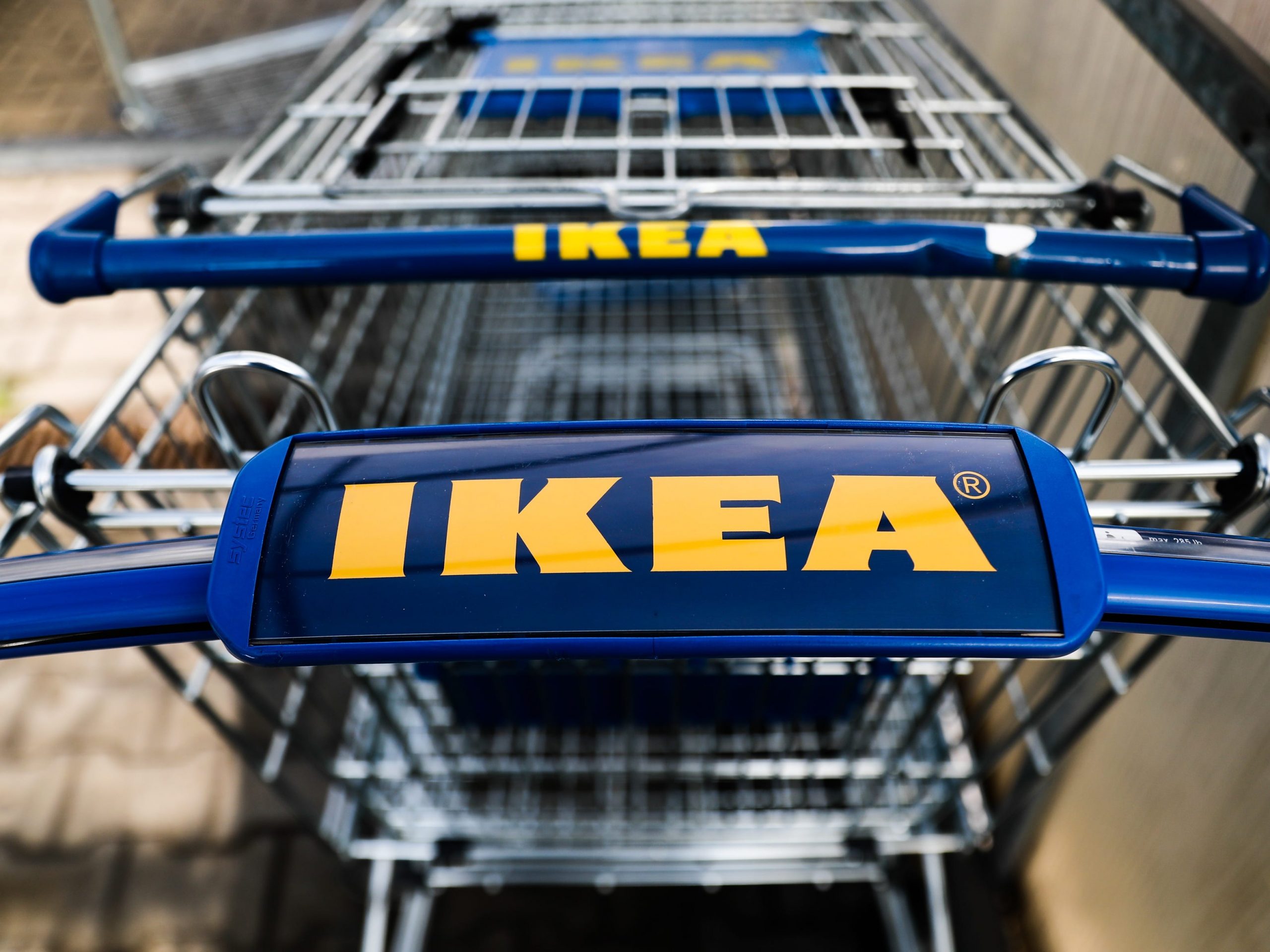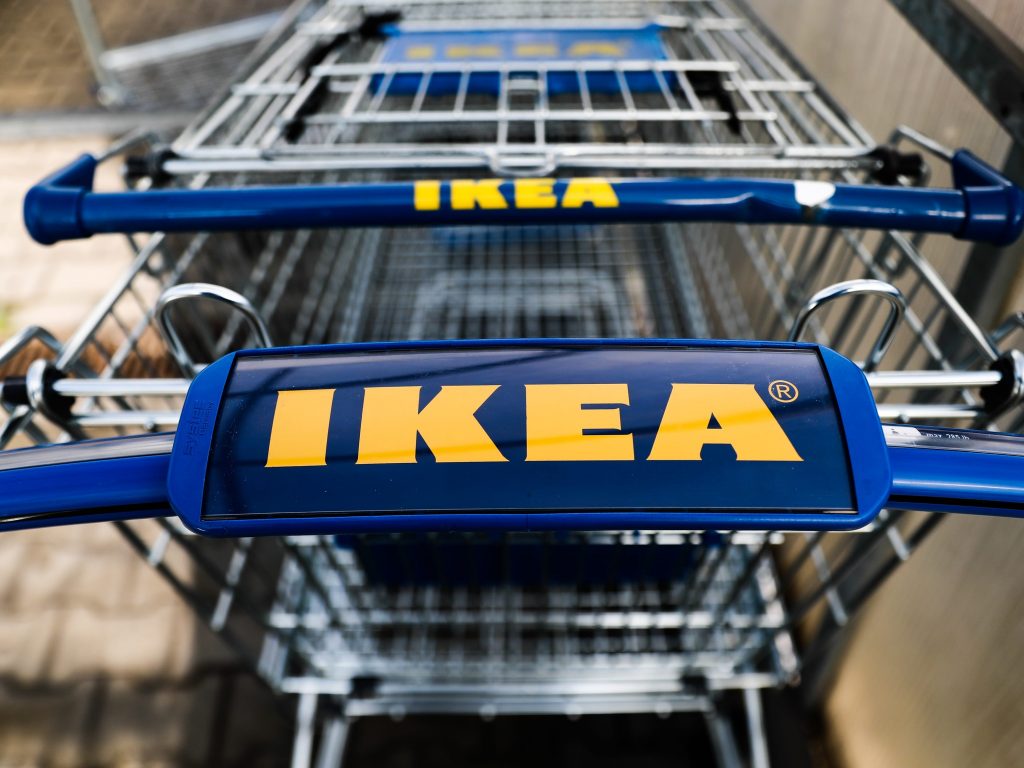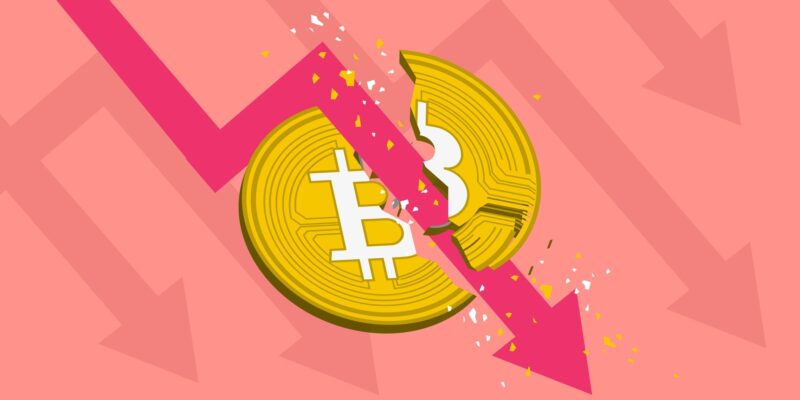
- Ikea said pre-tax profits fell 16% mainly due to higher costs for transportation and raw materials.
- Ikea store owners will likely raise prices and have lower inventory due to supply-chain issues.
- These changes might hurt Ikea's sales but could also reduce how many items are thrown out next year.
Every spring, temperatures rise, trees bloom, and piles of used Ikea items line the streets and fill dumpsters around colleges and universities. Students vacating dorms and off-campus housing either no longer need the Swedish company's inexpensive goods or don't have places to store them until classes restart in the fall. As a result, a large amount of cheap Ikea kitchenware, easy-t0-assemble furniture, and other home goods — many of them still in mint condition — are tossed out.
Things could change next year. The parent company Inter Ikea Group said the 16% decline in pretax profit for its 2021 fiscal year was mainly due to higher costs for transportation and raw materials. These additional expenses, along with supply-chain issues, will likely result in higher prices and lower inventory during the furniture retailer's next fiscal year. Consumers, on and off campus, might be frustrated as a result. But the changes could help incentivize more people to retain, resell, repair, or reuse existing Ikea items, instead of simply replacing them at stores and throwing out the old ones.
Engineered for the masses
Ikea's trendy designs have been popular among college students and budget-minded adults for decades. The company is the world's largest furniture retailer, operating 422 stores in more than 50 countries. Demand surged during the COVID-19 pandemic as people switched to working and learning at home. But Ikea's reputation for affordability and lack of durability has also pushed many consumers to view the company's items as disposable and destined for landfills.
In the 1950s, Ikea popularized flat-packed, ready-to-assemble items to reduce transport costs. The company's global sales are so massive that in 2012, Ikea estimated it used 1% of the world's total commercial lumber supply. That volume can include unethical sources: A report published earlier this year said the company sold wooden children's furniture made from lumber illegally cut and processed in Russia.
Many of the company's popular furniture items also don't survive disassembly and extended reuse due to the frequent use of particleboard. The engineered and heat-pressed product is made out of wood chips, sawdust, mill shavings, and adhesives. This makes the material inexpensive and light but also very fragile and readily absorbent.
Designing for extended future use
Ikea's wordless instruction guides might be universal, but its items can also be confusing to disassemble for moves, resale, or donation. This year, the company finally published instruction guides on how to take apart six of its most popular products, as well as tips on how to extend the usage life of certain items. The moves were part of the company's growing sustainability initiatives.
In the past, Ikea has tried programs for rentals, repairs, recycling, and buyback schemes, to help reduce waste, increase its sustainability, and improve its environmental impact. Sometimes Ikea pieces are rescued through "stooping" and salvaged by people who scour sidewalks, front steps, and social-media accounts for discarded furniture and other items.
For too long, companies like Ikea have been criticized for how easily they made, sold, and distributed cheap goods. The supply-chain-related delays from the pandemic exposed the complicated process behind Ikea's $9 lamp and what happens to retailers when demand exceeds supply. The pandemic also increased awareness about the downsides of consumerism, something sustainability advocates have been calling attention to for decades.










